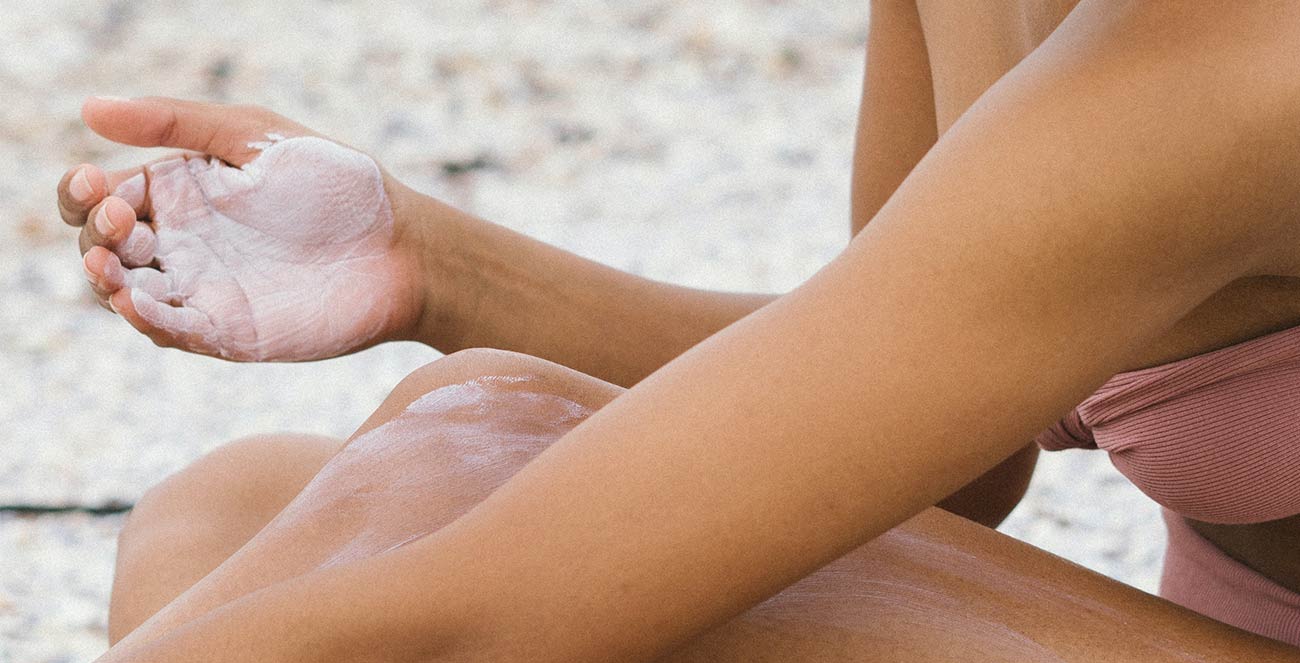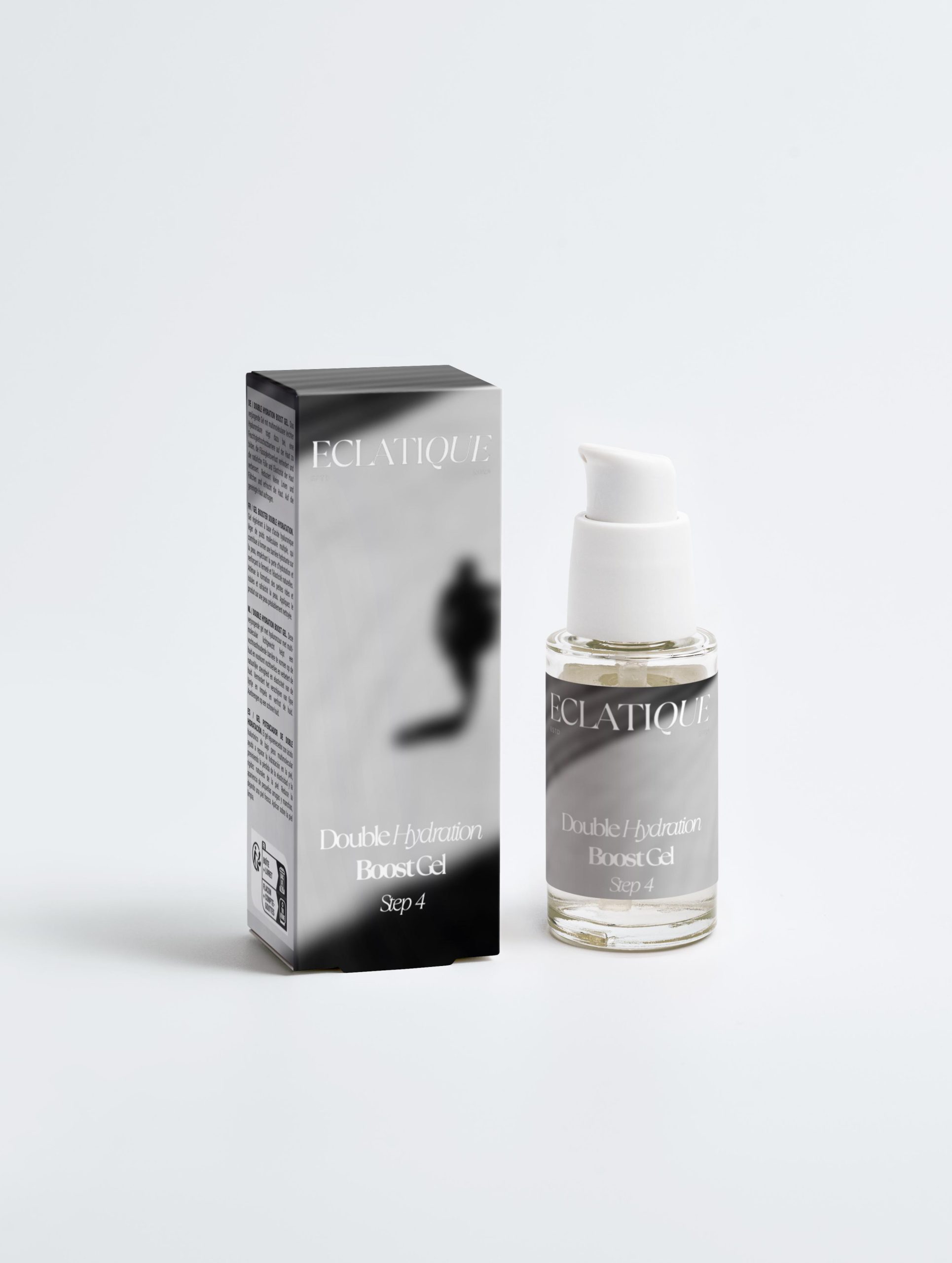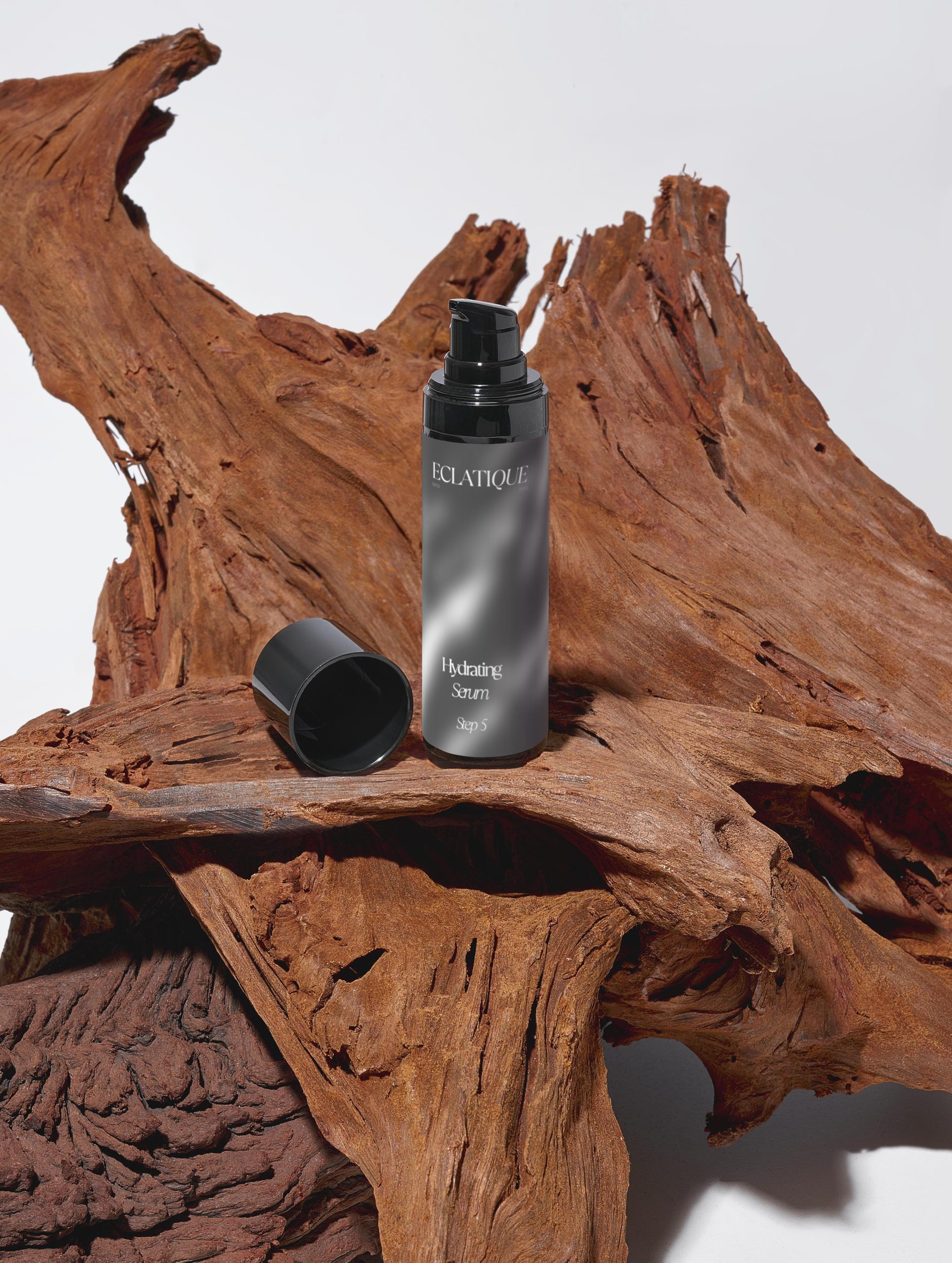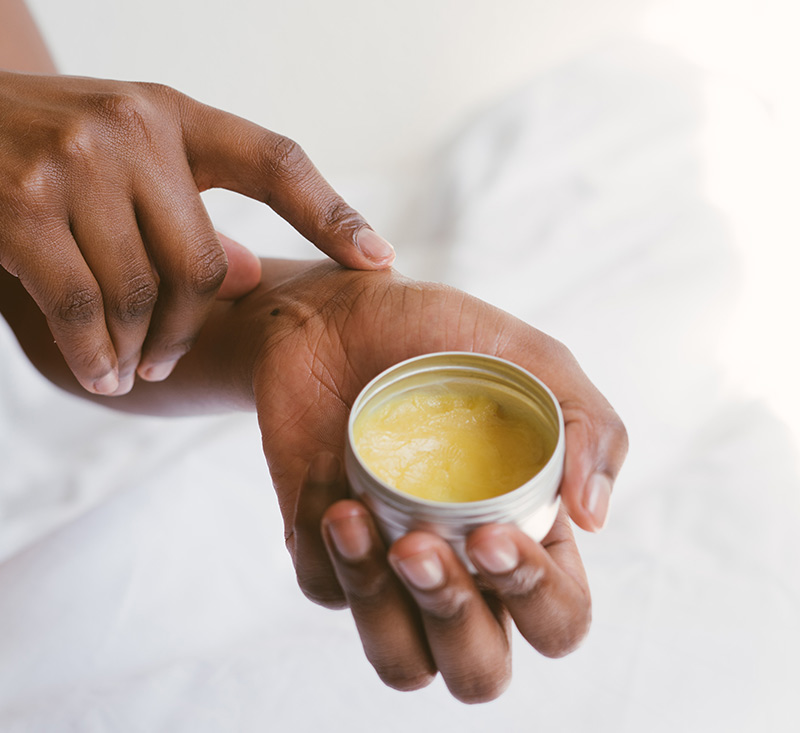
Your Guide To Skin Hydration
We often emphasize the importance of hydration. A healthy, radiant complexion begins with proper moisture retention. While drinking enough water is essential, it’s not the only factor. The skin’s moisture barrier, composed of fats like cholesterol, fatty acids, and ceramides, plays a crucial role in locking in moisture and maintaining skin health. By balancing oils and water, we optimize our skin’s function and appearance.
A compromised moisture barrier can lead to serious skin hydration issues. Fortunately, this damage is reversible with lifestyle and skincare adjustments. Let’s explore the importance of skin hydration, how to identify dehydrated skin, and effective ways to keep your skin hydrated and glowing.
Why is Hydration Essential for Skincare?
Water is a vital component of the human body, and it’s equally important for skin health. Hydration is crucial for maintaining the skin’s barrier function, which protects against environmental factors like pollution, UV rays, and bacteria. Well-hydrated skin is more resilient, less prone to irritation, and appears plump and youthful. Dehydrated skin, on the other hand, can lead to dryness, flakiness, increased sensitivity, and premature aging.
What Causes Skin Dehydration?
Several factors can deplete your skin’s water content, including:
- Spending excessive time in cold or hot environments
- Using harsh soaps, detergents, and chemicals
- Using rough sponges, washcloths, or exfoliating products
- Taking long, hot showers or baths
- Inadequate water intake
Fortunately, these issues are relatively easy to address. By increasing water consumption, limiting shower time, and minimizing the use of harsh products, you can significantly improve your skin’s hydration levels.
Medical conditions like thyroid disease, menopause, diabetes, and poor nutrition can also contribute to dehydrated skin. In these cases, consulting with a healthcare professional is recommended.
Identifying Dehydrated Skin
Here are some common signs of dehydrated skin:
- Dryness and flakiness
- Dullness
- Fine lines and wrinkles
- Sensitivity
- Dark circles
Dehydrated skin often lacks elasticity and the dewy radiance associated with well-hydrated skin. It’s also more prone to acne and other inflammatory issues.
To assess your skin’s hydration level, pinch the fleshy part of your cheek and under-eye area. If your skin snaps back quickly, it’s well-hydrated. If it returns slowly, it may indicate dehydration.
How to Keep Your Skin Hydrated
Here are some tips to improve your skin’s hydration:
- Lifestyle Changes:
- Get enough sleep (8-9 hours)
- Limit shower time to 5-10 minutes and use lukewarm water
- Drink plenty of water
- Reduce coffee and alcohol consumption
- Avoid smoking
- Eat a balanced diet rich in essential fatty acids
- Protect your skin from the sun, wind, and cold
- Manage stress levels
- Skincare Routine:
- Use a gentle cleanser
- Incorporate products containing ceramides, hyaluronic acid, lipids, and fatty acids
- Apply hydrating masks regularly
Eclatique's Hydration Solutions
Eclatique offers a range of products designed to hydrate and nourish dehydrated skin:
- Hydrating Toner
- Collagen Boost Serum
- Hydrating Serum
- Ceramide Hydrating Night Cream
- Oil-Free Hydrating Gel
- Collagen Anti-Age Night Cream
- Nourishing Facial Oil
- Double Hydration Boost Gel
- Oil-Free Zinc Face Gel for Men
- Sensitive Skin Oil-To-Milk Cleanser
- Hydra-Glow Collection Box
By following these tips and using the right products, you can effectively maintain skin hydration and achieve a healthy, glowing complexion. Remember, a hydrated skin is a happy skin!






Leave a comment
You must be logged in to post a comment.